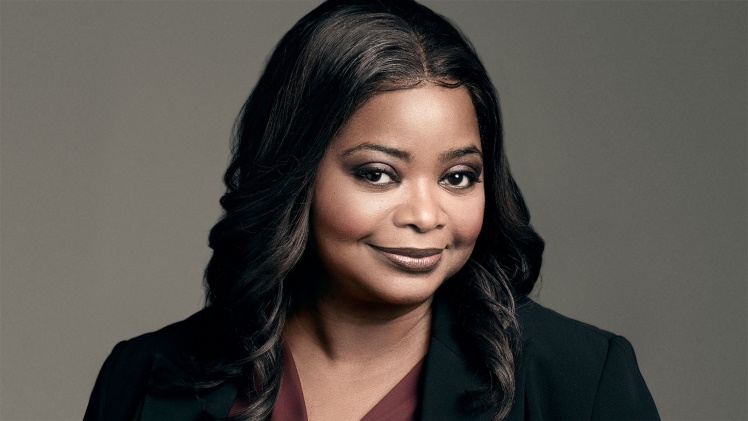Octavia Spencer is an Academy Award and Golden studentsgroom Globe-winning actress and producer who is widely known for her commitment to social justice. Since her breakout role in 2011’s The Help, Spencer has been an advocate for marginalized communities and an outspoken voice in support of civil rights. She has been a vocal tamil dhool supporter of the Black Lives Matter movement, advocating for justice and equity in the United States and beyond. Spencer has brought her passion for social justice to her work and philanthropy. She has spoken out against racism in the entertainment industry and has used her platform to amplify the stories of underrepresented communities. She is a founding member of Color of Change, a nonprofit that works to end racial injustice. In 2020, Spencer won the BET Humanitarian Award for her work in creating opportunities for marginalized communities. She is also a board member of the NAACP, where she has used her influence to promote economic and educational opportunities for people of color. Spencer has also used her star power to raise awareness of the importance of voting, encouraging people of color to make their voices heard in the political process. In 2020, she launched forbesexpress her own voting initiative called “#VoteYourVoice,” which aimed to engage and empower nailfits voters of color. In addition to her activism, Spencer is also an outspoken supporter of body positivity, using her platform to promote self-love and acceptance. Through her work and philanthropy, she has become a powerful example of how one person can make a difference and create real and lasting change.
Octavia Spencer, an Academy Award-winning actress, is no stranger to the gender gap in Hollywood. She has been advocating for equality in the industry for years, and she recently shared her cgnewz thoughts on the matter. Spencer believes that the gender gap in Hollywood has to do with the lack of female representation in the upper echelons of the film factsmaniya industry. Despite the fact that women make up half of the population, they are still vastly outnumbered in many positions of power in the film industry. According to Spencer, this leads to an “institutionalized inequality” that disproportionately affects women. In addition to the lack of female carzclan representation in positions of power, Spencer believes that there is also a systemic wage gap between men and women in Hollywood.

